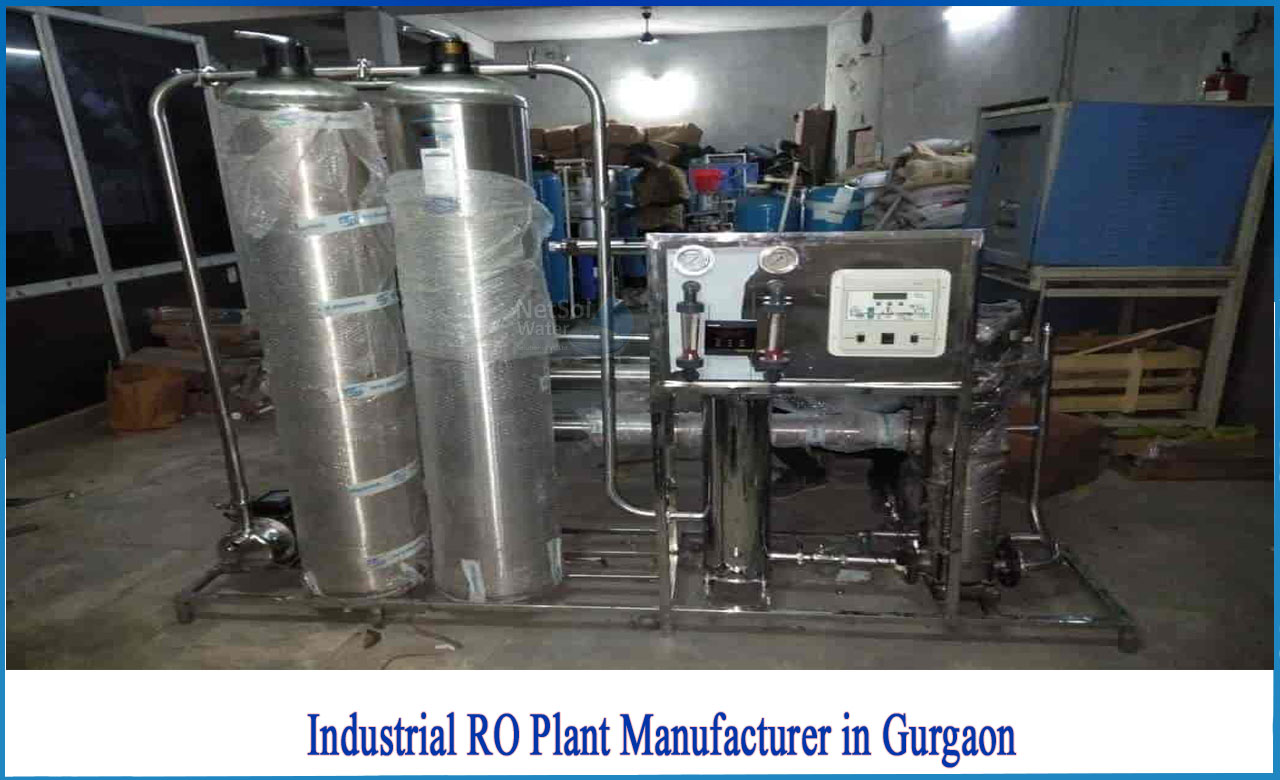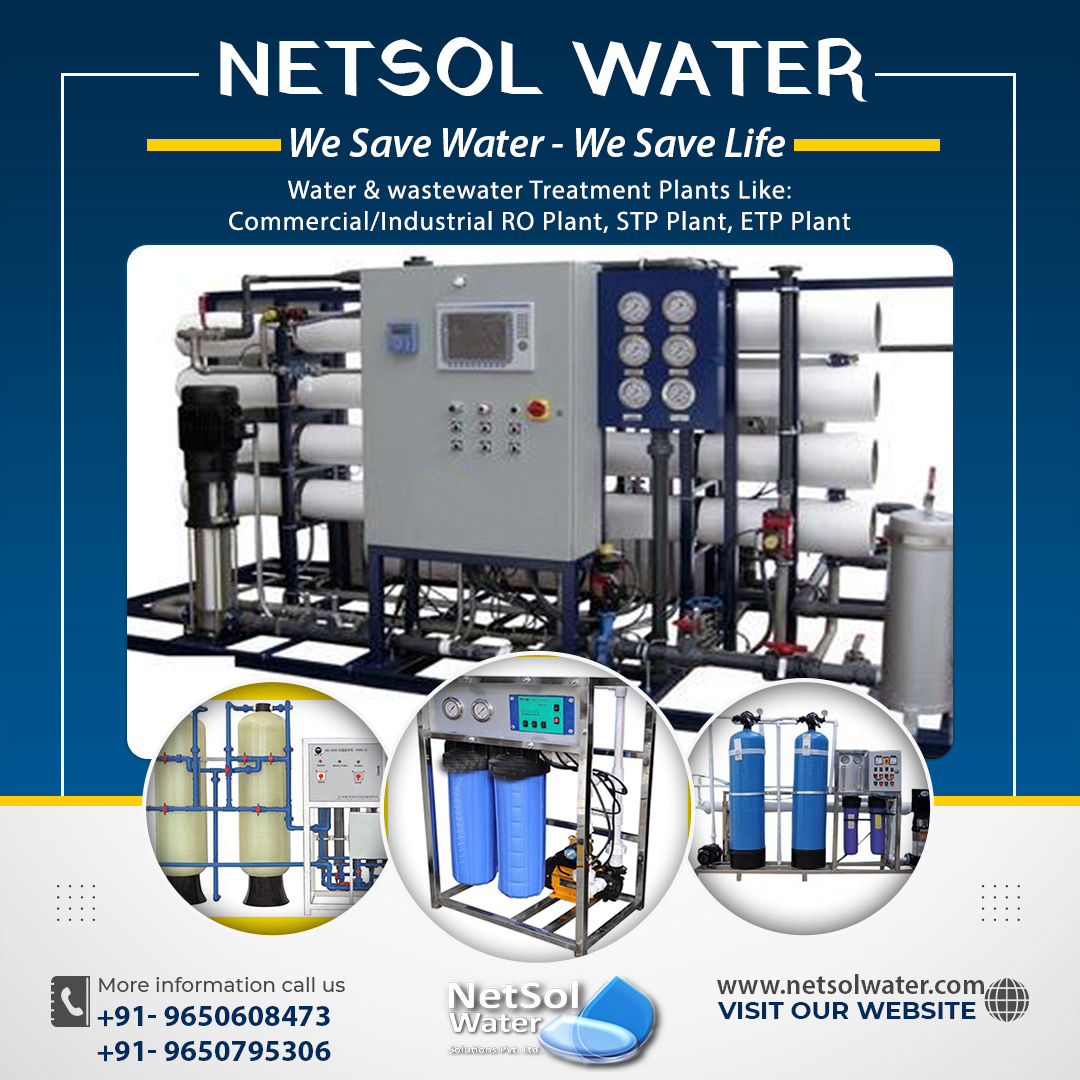Is water in Gurgaon safe to consume?
No, the water is not safe to drink!
It is common knowledge that the water in Gurgaon and other parts of India, is polluted with pollutants. Pesticides and herbicides have already been discovered in many localities tap water. This is due to the fact that many treatment facilities in India do not disinfect the water that they deliver to residents in these locations. As a result, the majority of the water in these areas is of poor quality.
Gurgaon's Municipal Government recognized the problem years ago and decided to enhance the quality of tap water at different public facilities. These enhancements included cleaning the water and testing it on a regular basis. They also do random testing to ensure that the pollutants are not displacing the essential minerals contained in these waters. However, there are still numerous regions where water pollution is a major issue.
TDS Level of water in Gurgaon
Water pollution is a big issue in the city, with about 40% of the water accessible for drinking or cooking containing excessive levels of fluoride, chlorine, and TDS (essential minerals and salts). The optimal quantity of TDS is between 500 mg/lt. and 2000 mg/lt.; however, in the metropolis, the value nearly always surpasses 7000 mg/lt.
What are the consequences of contaminated water in Gurgaon?
Consuming contaminated water having high chlorine and fluoride leads to fluorosis, which is a major tooth disease resulting from long-term intake of water with high fluoride levels that is marked by dental mottling. It is more common in young children.
Also, as a result of the contaminated water, numerous individuals have developed typhoid, gastroenteritis, and other gastrointestinal disorders such as diarrhoea. Water-borne illness symptoms include vomiting, nausea, skin rashes, respiratory issues, and leukaemia, which can be caused by consuming contaminated water over an extended period of time.
It has a direct influence on industries such as commercial fishing, recreation, tourism, and even property prices, all of which rely largely on clean water. Polluted drinking water can significantly raise treatment expenses, which in turn raise the cost of drinking water.
Who is the best Industrial RO Plant Manufacturer in Gurgaon?
Reverse osmosis is a water filtering method that employs a thin, semipermeable membrane with microscopic pores that allows clean water to pass through while excluding larger molecules such as ionized dissolved salts and other contaminants.
What impurities will the RO plant eliminate from water?
Reverse osmosis can eliminate up to 99% of dissolved salts (ions), particles, colloids, organics, microorganisms, and pyrogens from the feed water (although an RO system should not be relied upon to eliminate 100% of bacteria and viruses). Contaminants are rejected by a RO membrane based on their size and charge. A properly operating RO system will generally reject any contamination with a molecular weight greater than 200. Similarly, the higher the contaminant's ionic charge, the less probable it is to flow through the RO membrane.
How does an Industrial RO plant work?
The operating cycle of a RO plant is separated into six primary phases, each of which produces high-quality filtered water.
Step 1: Water is pumped into the sand filter by a raw pump, which eliminates suspended solids from the water.
Step 2: The water is then de-chlorinated in the activated charcoal filter.
Step 3: For fine filtration, the water is put through a micron cartridge filter.
Step 4: Water is then poured into the RO membranes using a high-pressure pump.
Step 5: Only pure water goes through the membranes, whereas the majority of dissolved particles do not.
Step 6: The RO line passes the clean water, while the contaminated water flows via the reject or recycle line.
How can Netsol Water help?
We take great delight in introducing ourselves as a major water and wastewater treatment company in India, specializing in WTP manufacturing, WWTP manufacturing, Industrial and Commercial RO Plant manufacturing, as well as Energy Management, Automation Solutions, Asset Management, and Waste Management. We are a one-stop utility partner for both industrial and commercial customers, supporting them in increasing resource productivity and bottom lines while also conserving the environment.
Our Industrial RO Systems rely on four to five stages of filtration. This filtration includes progressively finer membranes that remove contaminants from your wastewater. These contaminants include Sodium, sulphate, calcium, mercury, lead, arsenic, fluoride, chloride and much more.
Our Industrial RO Plants save your money!
Following pre-treatment, the capacity of these systems to dramatically cut your costs is one of its main advantages. It can save your system downtime and eventually, these savings might vary from hundreds to thousands of lakhs each year, depending on how much water you want to re-use.
Conclusion
Reverse osmosis is an effective and established process for producing water suited for various industrial uses that require demineralized or deionized water. Further post-treatment after the RO system, such as mixed bed deionization, can enhance the quality of the RO permeate and make it more suitable for the most demanding applications.
Proper pre-treatment and maintenance of RO system are critical for avoiding costly repairs and unplanned maintenance. With the proper system design, maintenance program, and knowledgeable service support, your RO system should offer numerous years of high purity water, which we can provide.
If you want the finest water filtration for your industry, a reverse osmosis system is a way to go!
Netsol is a provider of industrial and commercial RO plants in India, with a large customer base. Our RO Water Plantsare ISO certified, BIS qualified, and in high demand in the water treatment market because of their ability to convert raw, contaminated water into re-usable water. We customize Industrial RO Plants to meet our customers' specific needs at a fair price.




